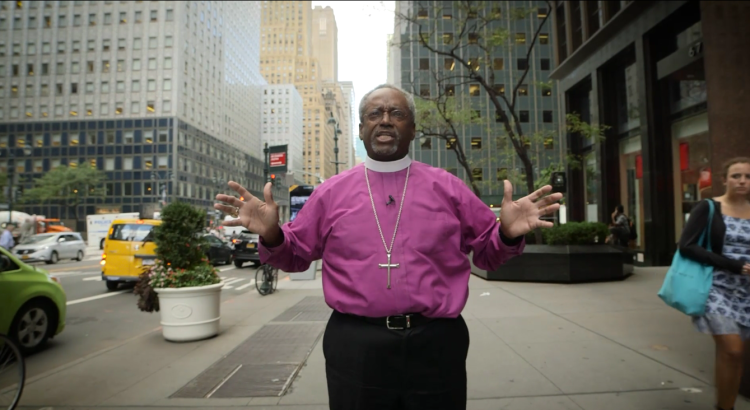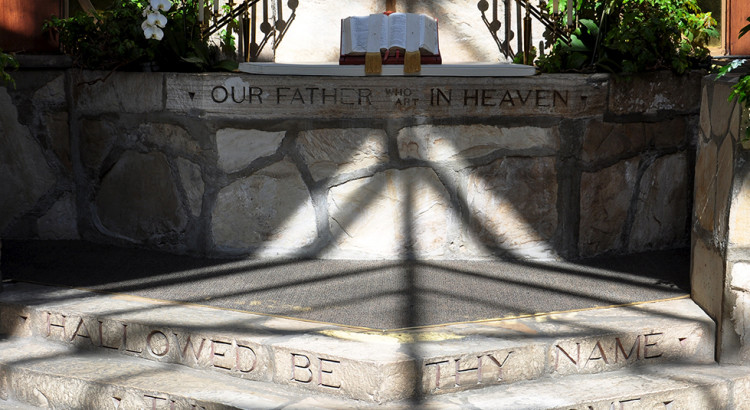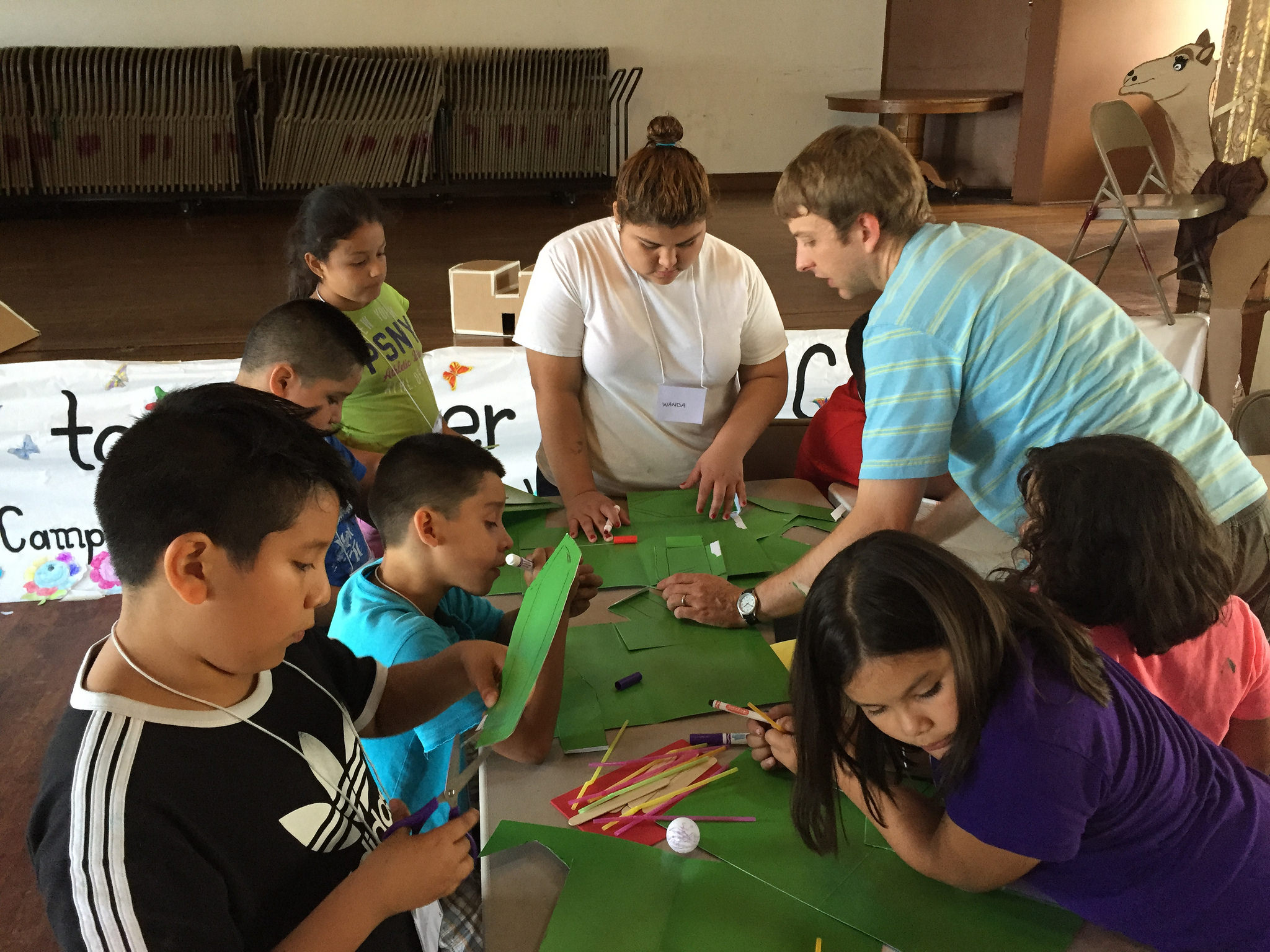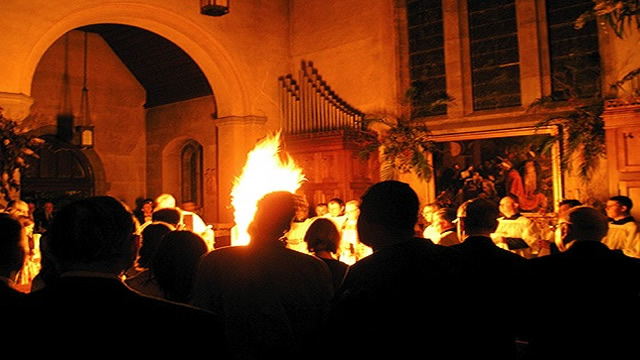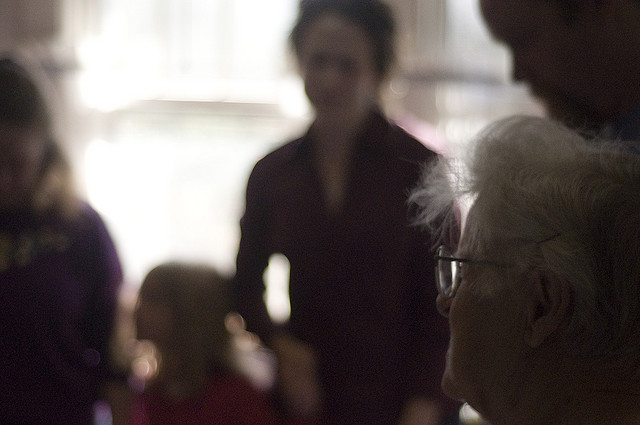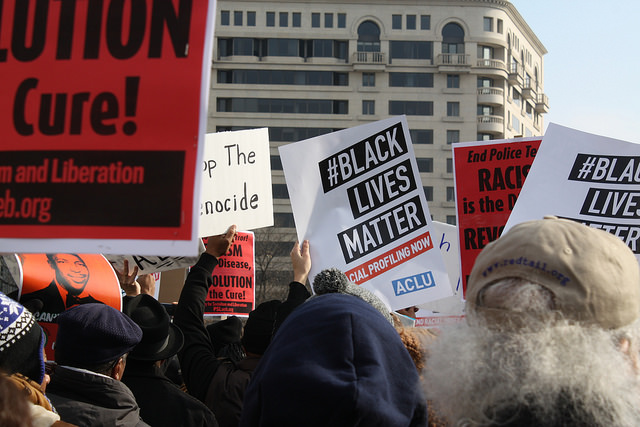A sermon for Proper 20
Jeremiah 8:18-9:1; Psalm 79:1-9; 1 Timothy 2:1-7; Luke 16:1-13
First of all, I urge that supplications, prayers, intercessions, and thanksgivings be made for everyone, for kings and all who are in high positions, so that we may lead a quiet and peaceable life in all godliness and dignity.
If you’re like me, you heard or read these words and thought some version of “here we go again.” Here we go with Paul or his imitators encoding the social values of their time into scripture, and our having to deal with it.
We can’t escape that this passage from 1 Timothy just kind of exudes empire, and a particular approach to living in one as a religious minority.
“Keep your head down. Stay out of trouble. Trust that the lords of the realm were put there by God and that your conditions are under God’s determining control.”
Of course, we know that many Christians of this time took a more active and sometimes antagonistic approach to the powers that be. Christian martyrs defied convention and authority with deadly consequences. The early church embraced patterns of relationship and community that flew in the face of social convention—and the people around them noticed.
Some of this we know actually know from scripture, and I think that points us to a disconcerting but ultimately empowering reality: Scripture does not speak with one voice. The authors of scripture are always in conversation with each other and even themselves, sometimes copying what came before and sometimes arguing with it, but always engaged. [Big shout-out here to Judy Fentress-Williams of Virginia Theolocial Seminary.]
Amid all this witness bound together, not every school of thought is so blase about the notion of kingship. There’s a stream of thinking in the Hebrew Scriptures that’s ambivalent and sometimes even hostile to the notion of monarchs. [Technical term: E-Stream. More here.] Also priests, usually, and generally any source of centralized or hierarchical authority.
One representative of this school is the book of Deuteronomy, the second law, the law for living together in the land of promise. Here mutuality rather than hierarchical authority is the primary mechanism for keeping the peace—so you better not move your neighbors’ property marker.
The prophet Jeremiah also belongs to this tradition. The King mentioned in the passage we heard this morning, sought after but unfound, isn’t one of the kings in the line of David, nor a conquering foreigner. The King here is God Almighty, and indeed this school’s very point is that when you put someone besides God at the very center of a community’s life together, bad things happen.
For Jeremiah and his ilk, “pray for the king” is strange advice, even if it’s true that the king too is subject to God. Jeremiah would say, “Pray for repentance. Pray for the deliverance and restoration of our people, for a balm in Gilead. Pray that God would write the law upon our very hearts so that we each may keep it, and find favor in God’s sight.”
Now, it’s not like the Book of Jeremiah and the First Letter to Timothy are polar opposites or describe a relationship with a different God. They just have different perspectives on the life of faith in community.
This, I think, is a very good thing. It means scripture speaks in different ways to different people, or to the same people at different points in their lives. It gives the scriptures resonance no matter the social or political season.
That these ancient writings can still speak to us so powerfully is a testament to the working of the Holy Spirit and to the surprising unity that can be found among the diverse chorus of biblical voices.
**
If you’ve been reading your Looking Ahead these last two weeks, you may be getting an inkling that all this talk of conversation is leading toward a preview for next week’s Social Media Sunday. Well, you’re not wrong.
If scripture is a conversation, then it’s also an invitation. The church may have decided long ago to stop adding books to the canon, but that doesn’t mean we’re not supposed to contribute to the ongoing dialogue.
God writes the covenant on our hearts as we gather to reflect on what it means in our lives. Jesus is made present to us and others not just by the media of bread and wine but by our stories of how his grace and mercy have made a difference for us. Our collective participation is key.
I think Jeremiah would dig the whole social media phenomenon. Of course, his assorted public relations stunts (like burying his underwear) would get tons of shares and retweets, and we have to assume that the guy liked the attention. But I think he would also love how these media connect us. If we let them, they can put us in deeper conversation with a broad community of believers for support and companionship amid our own daily cycles of captivity and restoration.
As a sort of warm up for next week, let me share a couple examples.
For starters, I recommend that after church you google “Michael Curry video.” High in the results should be a teaching clip our Presiding Bishop released this week.
Not only does Bishop Curry present a very concrete vision of how what he calls “The Jesus Movement” should look in the Episcopal Church, he also gives us a helpful mnemonic device by which we might identify the common message of this movement:
Loving, liberating, life-giving.
If you wanted a concise way of summarizing for others what the Episcopal Church is all about, you could do a lot worse than to share this video. Or remix it. Or post some other response. I guarantee you Bishop Currie would love to have your voice in the choir.
Even more germane to this notion of scripture as conversation is a fascinating app known as Parallel Bible. The idea of Parallel is that anyone with a camera can illuminate the words of scripture in an app, just like the medieval monks did on the printed page.
Members of the Parallel Bible community post photos to accompany particular verses, often reflecting on how the verse is meaningful in their lives. Browsing the app, or Parallel’s printed edition of the Sermon on the Mount, is a great way to peek into the lives of fellow disciples.
Of course, there’s nothing stopping you from illuminating a verse of scripture on whatever social media platform you prefer. If you’re connected to me on social media (and yes, that’s an invitation), you’ll see that I took a stab at a verse from today’s rather challenging gospel passage, which I’ve otherwise managed to avoid this morning.
**
Speaking of avoidance, you’ve perhaps noticed that in this conversation with scripture, I’ve been a little short with the author of 1 Timothy. I’ve not exactly bent over backwards to appreciate the broader point of this passage. Let me briefly do so now.
We keep our heads down and pray for the king because we have work to do. The reading goes on to remind us that Paul was “appointed a herald and an apostle,” a direct messenger and brand ambassador for the “loving, liberating, life-giving” message of Jesus Christ.
This tiny piece of the conversation is important because we have received the same charge. Smartphones and broadband Internet aren’t responsible for giving us this mantel. We put it on at our baptism.
But smartphones and broadband Internet have added to the countless means by which we can practice this vocation. If you haven’t considered that possibility before, in the weeks to come you’ll get a chance to practice if you so choose.
But whichever means we choose, I hope this week each of us will rise to the challenge of sharing the message of love, life, and liberation. Join the conversation in ways appropriate to our own voice and our own context. That’s what it means to go forth in the name of Christ. So here we go again.
